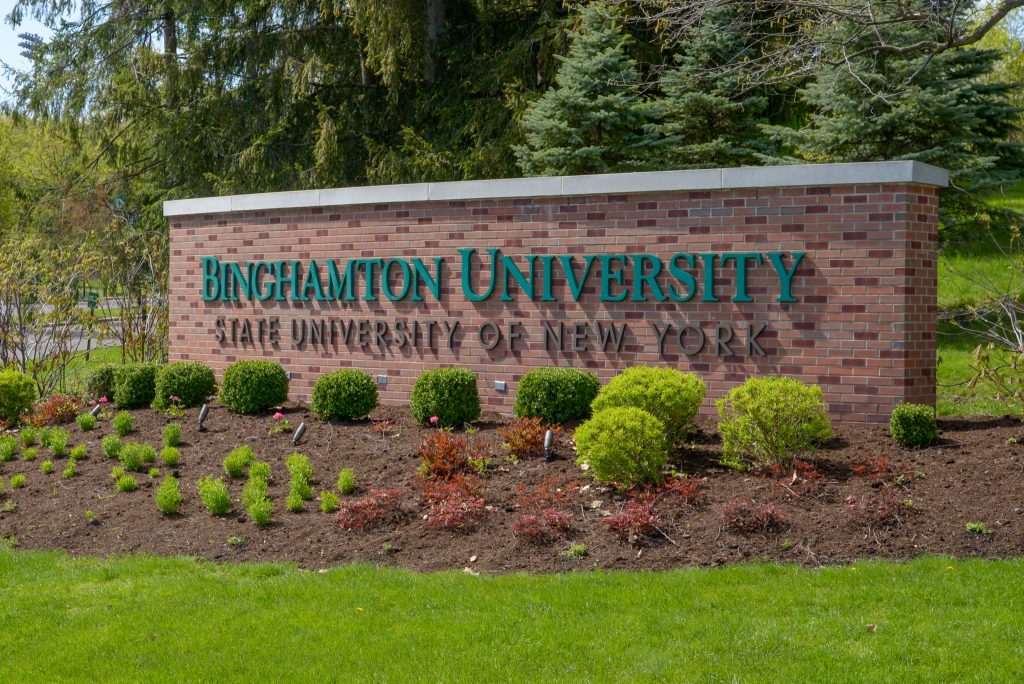Gov. Kathy Hochul has proposed a 3 percent raise in SUNY and CUNY tuition.
The proposal is included in Hochul’s 2023 State of the State book, titled “Achieving the New York Dream” — which is a document of proposals written annually by the governor of New York state. If instated, the suggested 3 percent tuition increase will occur alongside a 6 percent in-state tuition increase each year for five years. According to Hochul’s proposal, the increase-rate is based on the Higher Education Price Index (HEPI), which measures the inflation rate of higher-learning institutions such as Binghamton University, the University at Buffalo, Stony Brook University and the University at Albany.
Hochul proposed that the extra funds secured from the tuition increase would be used to “[ensure] academic excellence” for SUNY and CUNY schools. Hochul plans to accomplish this while continuing to grant aid to lower-income students.
“To ensure that institutions of higher learning at both [SUNY] and [CUNY] can reliably invest in their long-term futures as costs rise, while prioritizing the evolving needs of students, ensuring academic excellence and continuing to maintain low-cost and stable tuition rates for in-state residents,” Hochul’s proposal reads.
John B. King, Jr., the recently-appointed SUNY Chancellor, elaborated on the aid available for students — which includes the NYS Tuition Assistance Program (TAP), a grant which provides up to $5,665, the Excelsior Scholarship, which covers tuition for families with household incomes up to $125,000 and the Pell grant. King said 53 percent of SUNY undergraduate students attend tuition-free because of these programs.
“There is no system in the country where you can get a better quality degree more affordably than at SUNY,” King wrote in an email. “We would like to see further expansion of TAP and the Excelsior Scholarship.”
BU’s Admissions Office also expressed a belief that the extra funds can contribute to the growth of the University.
Krista Medionte-Phillips, the director of undergraduate admissions, said Hochul’s plan will help supplement faculty and resources for the growth of enrollment, which has increased by 23 percent over the past 10 years.
“Last year, Governor Hochul provided funding for new faculty and additional operating funds for all SUNY campuses, which had not been provided in more than a decade,” Medionte-Phillips wrote in an email. “Now, [BU] and SUNY need tuition increases that are reasonable, predictable and don’t impact students who cannot afford them.”
SUNY awaits the governor’s executive budget proposal for further information, according to King.
Sarai Rodriguez, a sophomore majoring in integrative neuroscience, said the tuition increase is “frustrating” and should be used toward student needs, such as the University Counseling Center (UCC) and on-campus living.
According to Rodriguez, the showers in the Roosevelt dorms of Hinman College have mold and “students have to catch perfect times to shower” due to water heating inconsistencies. Rodriguez said she “would be okay with paying a little bit more if that means the quality of living on campus is improved,” but otherwise is not pleased with the proposed increase.
“It’s kind of frustrating considering the fact that SUNY and CUNY like to advertise themselves as a very affordable option,” Rodriguez said. “So making it less accessible and less affordable, it makes it less accessible to students who are already facing financial hardship and may not be getting financial aid.”
Ziye Wang, a sophomore majoring in biology, also focused on dorm issues such as the lighting in Hinman College, Hillside Community and College-In-The-Woods (CIW), which she said do not have light fixtures. Wang suggested the tuition increase would make school more difficult for lower-income students, especially for those who live on campus.
“Many people who go to SUNYs and CUNYs are low or middle class, so even if they have the better option of going to like [New York University] or Columbia [University] they can’t do that because of financial issues,” Wang said. “So if you are going to increase [tuition] and [students] rely on [the Free Application for Federal Student Aid] most of the time for tuition, you’re gonna make it harder for us to pay so we’re gonna struggle just like if we went to a private school, so [the increase] isn’t gonna help us at all.”



